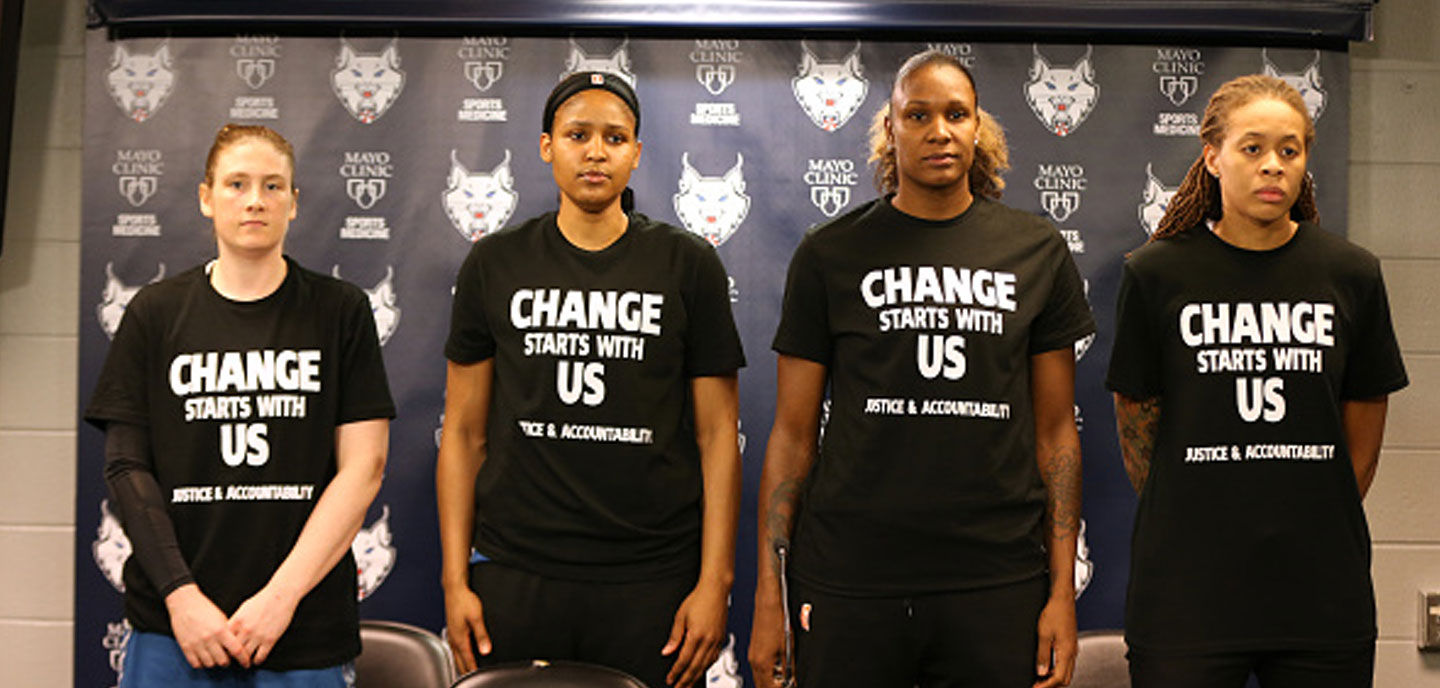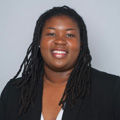I’m tired.
Seven days ago our nation celebrated independence, unity, and freedom while the remainder of last week reminded us of the nation’s open secret, the centuries-old race problem we are always intending to solve, the festering wound we pretend has healed, and the growing elephant in the room that no one sees.
For the last few summers we’ve seen death at the doorstep of so many through our TV sets and newsfeeds in city after city. Again we enter into unspeakable grief and righteous anger as our country grieves the deaths of Alton Sterling and Philando Castile and the five officers in Dallas along with the seven injured while protecting peaceful protestors.
I’ve been struggling to find words to describe what I’m experiencing. Here’s what’s on my heart.
Why #BlackLivesMatter should matter for everyone
As a black woman and as the sister, niece and friend of law enforcement officers, I understand the tension of this time. The officers I know are loyal to the oath they took and would sacrifice their lives for anyone.
No one wants violence exacted on police. It is despicable that a gunman snatched the lives of officers and robbed families of their loved ones. What is also unacceptable is the fear from police that turns out to be fatal in black and brown communities and often goes without adequate consequence or repercussion.
Get our "Top Articles" sent to your inbox weekly.
When I hear people of all creeds and colors cry out that #BlackLivesMatter, I hear an affirmation of humanity, not a call to diminish or devalue all other lives. It is a reminder necessary because blackness has historically been and continues to be disproportionately criminalized, victimized and dehumanized, and black folks are just as worthy of living free, full lives as anyone else.
But the truth of the idea can and should be extended to all peoples, especially toward those being currently marginalized for whatever trending reason exists.
The demand is that police would refrain from acting as the judge, jury, and executioner all in one traffic stop or in any interaction in black and brown communities. The demand is to protect and serve equally in communities of color and be held to a higher standard of accountability that matches the power police possess.
The plea is that black lives deserve respect—the same respect afforded to most in this country.
“It’s OK. I’m right here with you”
What continues to move me to tears is the cost children and families have to pay in the aftermath of tragedy.
My heart breaks for the son of Mr. Sterling as he hunched over in inconsolable pain while supporting his mother during a press conference.
My heart breaks for Castile’s girlfriend, Diamond Reynolds and her 4-year-old daughter who consoled her mother by saying, “It’s OK I’m right here with you.”
My heart breaks for the families of fallen officers left with only memories to share.
As Christ followers exhorted to “weep with those who weep,” doesn’t it seem that regardless of our political leanings and imperfect understandings of the events being tragically reported to us, that we have an obligation to feel, to engage our imaginations and to absorb some of these peoples’ lived reality and hurt with them?
With the victims who are gone, their families who will endlessly grieve, the police and their families whose lives will also be upended in ways that will potentially affect generations in their line? The chaos surrounding these moments should at least affect us at an emotional level, not simply at the more easily accessible level of anger, but also moving to a deeper place of grief.
Athletes speaking out
What emerges from times like these are voices big and small.
But in times of civil unrest, it’s the voices of athletes that catch my attention and the attention of marketers, sports fans, league commissioners, and governing bodies. Athletes from Serena Williams to Carmelo Anthony to players from the Minnesota Lynx shared their thoughts on race and recent shootings.
We saw Muhammad Ali advocate for justice throughout his life. The country saw John Carlos and Tommie Smith gesturing for justice, holding their fists up high in Mexico City at the 1968 Olympics. I also know the cost they had to pay for speaking out unapologetically.
While news agencies carry the brunt of shaping the way these stories get reported and the secondary messages they portray, athletes have a power in their platform that has potentially transformative power on the social landscape.
Athletes can choose to frame their own messages through social media, through their appearances on TV, through interviews they give, opportunities to leverage their power with a national media all too ready to report their every move. It’s time for athletes to leverage their athletic platform in the direction of an oft reported but too easily ignored social problem—the shared and ongoing racial crisis at every level of society.
What now?
What can we do? How can we help? Those are the questions a lot of us are left with.
A way to start is to weep with those who weep. Stand in solidarity with those who mourn.
Acknowledge the privilege you have and leverage that privilege by offering your time, your access and resources in ways that create sustained impact.
Press beyond the defense mechanisms, the shame or even guilt.
Press into the discomfort of feeling ill-equipped or not fully understanding the struggles of people who are different than you.
Listen to people of color and believe us when we let you know what life is like for us.
Affirm those lives in public and private spaces when you see an opportunity.
It will take a collaborative effort to dismantle structural inequality and create an equitable society. Black churches and people of color have always engaged this conversation on race, but it’s been more difficult for others to actively listen.
Silence is no longer an option in this moment for anyone or any institution. As believers, we have a gospel mandate and a shared responsibility to love God and His people. I pray that God will guide us and give us the strength to love actively. Our hearts may be broken but our spirit is not.
Want help becoming a person capable of seeing the world from someone else’s perspective? Check out lensesinstitute.com and read any three of the articles to start.














